Philippines praises close ties ahead of Anthony Albanese visit
Australia’s support for the Philippines as it contends with Beijing’s bullying in the South China Sea has helped elevate the relationship to a historic high.
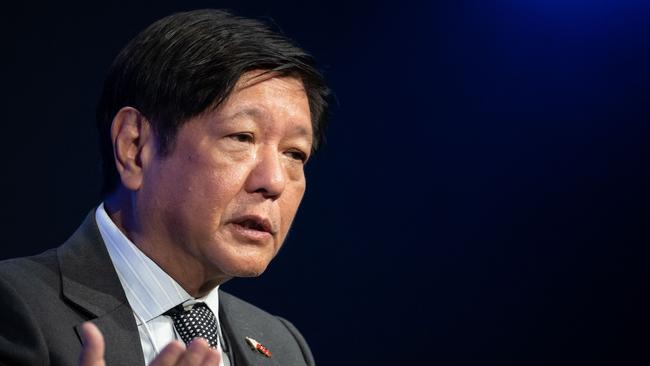
Australia’s support for the Philippines as it contends with Beijing’s bullying in the South China Sea has helped elevate the relationship to a historic high, one of the country’s most senior diplomats has told The Australian ahead of Anthony Albanese’s visit to Manila this week.
Philippines Undersecretary for Foreign Affairs Theresa Lazaro said Canberra’s statements of support, its material contributions to maritime capacity building, multiple ministerial visits and recent joint patrols and bilateral defence exercises were “very, very important” at a time of intense stress.
Mr Albanese will meet President Ferdinand Marcos Jr in Manila on Friday where the two leaders will formalise a strategic partnership, sign off on two-way working holiday visas for 18-to-30-year-olds and discuss ways to expand trade and defence ties.
The PM’s visit comes a fortnight after Defence Minister Richard Marles was in the Philippines to witness the largest bilateral defence exercises between the two nations’ armed forces and the first amphibious military drills.
Since his election last year, Mr Marcos has drawn the Philippines closer to Western allies and partners including Australia, one of only two nations with which Manila has a Status of Visiting Forces agreement.
The Philippines was the only ASEAN nation to embrace the concept of AUKUS when it was first announced and has been a vocal supporter of the Quad alliance of Australia, the US, India and Japan.
“I think if there is any point of time we are in the height of our relationship, this is it. The relationship has made leaps and bounds,” Ms Lazaro said. “Australia’s support has been very, very important. Their statements were what we had been looking for and we thank the Australian government for all the pronouncements.
“There is a lot that has been given by the Australian government in many aspects and sectors and of course this security aspect – the issues we have in the South China Sea – it’s one of the important elements of the relationship.”
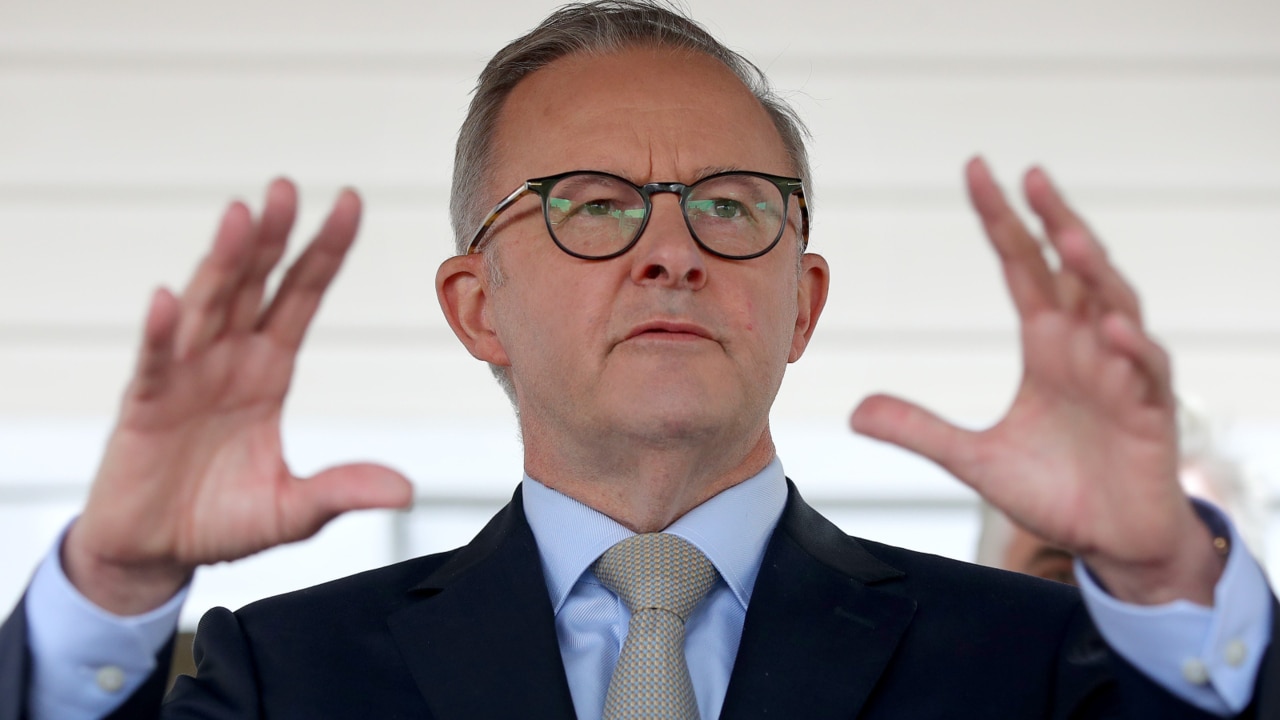
Both governments want to expand joint patrols and military co-operation in the highly contested region where tensions have escalated in recent weeks. Beijing released a new map just days ahead of the Jakarta-hosted summit and India’s G20 reasserting its claim over the strategic waters including parts of the exclusive economic zone of the Philippines, Brunei, Malaysia, Vietnam and Indonesia.
The map drew protests from all five nations and India, which described China’s claim to its northeast regions of Aksai Chin and Arunachal Pradesh as “absurd”.
Last month, a Chinese militia ship turned its water cannon on a Philippines vessel seeking to resupply a naval outpost on the Second Thomas Shoal, which Beijing claims as its own despite the fact it lies within Philippines waters.
Ms Lazaro said Manila was also determined to build its two-way trade relationship with Australia which, at just $US6.2bn ($9.7bn) a year, is roughly a third that of Australia and Vietnam.
Mr Albanese chose the Jakarta-hosted ASEAN summit on Wednesday as the venue to launch his long-awaited Southeast Asia Economic Strategy.
The blueprint, prepared by former Macquarie Group boss Nicholas Moore, aims to triple two-way trade with the region to $534bn a year by providing the raw materials for its growth, targeting its burgeoning middle class, and using Australians’ superannuation savings to build its infrastructure. The Philippines was encouraged by the new strategy and was lobbying hard to carve out an Australian market for its tropical fruits and for Australia to end its anti-dumping measures on its canned pineapple.
“There’s a lot at stake here because the economic aspect is very important to us,” Ms Lazaro said.
Trade and foreign affairs ministers from the Philippines and Australian are scheduled to meet in Adelaide later this month for an annual ministerial dialogue to further discuss the issues.


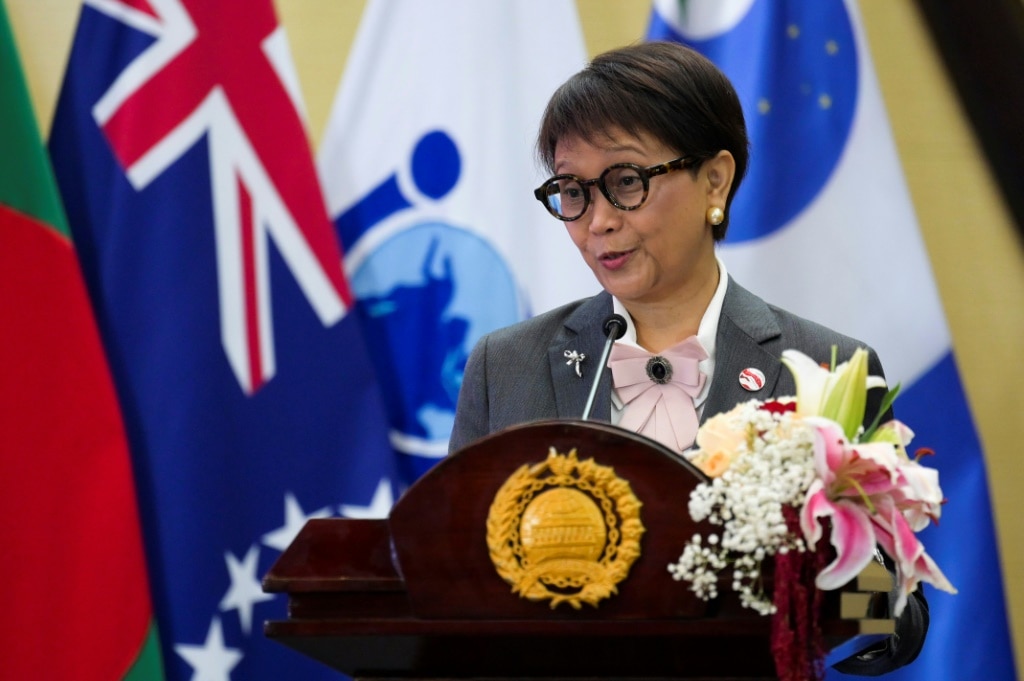

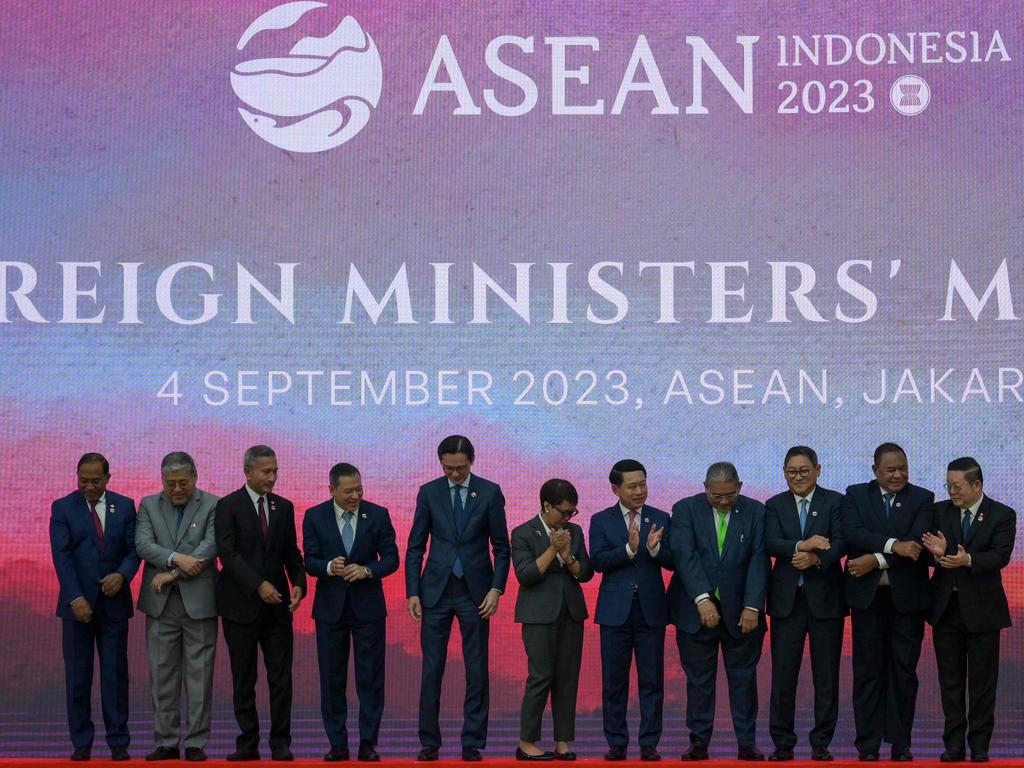
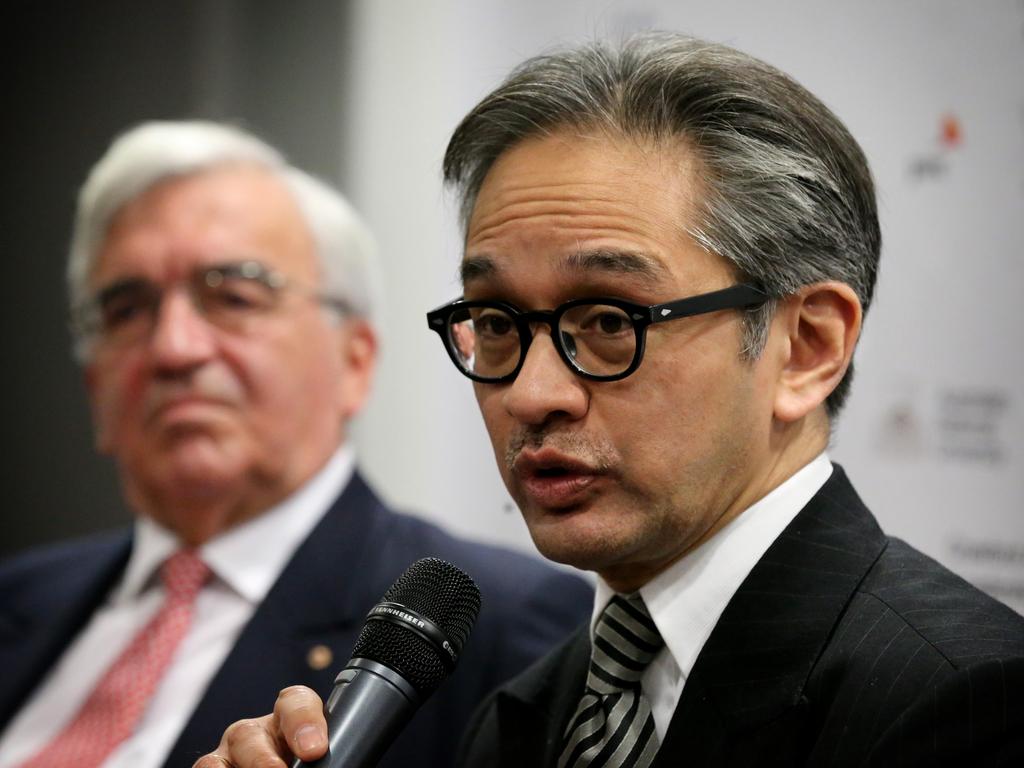


To join the conversation, please log in. Don't have an account? Register
Join the conversation, you are commenting as Logout